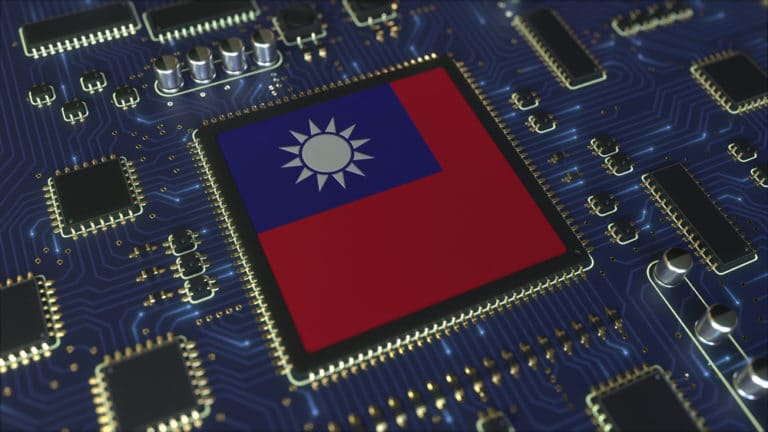The alliance between the two countries could help Europe gain a foothold in the chip-making landscape.
Lithuania’s showdown with China over Taiwan could deliver an unexpected windfall to the small Baltic nation, according to a report in POLITICO. In fact, Lithuania could realize a boon that France and Germany would clearly covet: investment in microchip manufacturing.
A key part of the EU’s industrial strategy is to carve out a place in the global chip making business. This move aims to keep Europe in the economic big league with rivals such as China and the U.S. The EU is seen as a weakling in the all-important semiconductor industry. And so Brussels is focusing on a drive for microchip production.
Although EU bigwigs have sought co-operation with Asian electronics players in Taiwan and South Korea, their efforts have so far resulted in little success.
Vilnius risks the economic wrath of Beijing
That situation looks set to change, however. A bitter trade dispute between Lithuania and China has turned Vilnius and Taipei into an unusual pair of “geopolitical Davids allied against Goliath in Beijing,” according to POLITICO.
Because of the warming diplomatic ties between Lithuania and Taiwan, China has unleashed a strict embargo against the Baltic nation — boycotting not only its exports but even goods from other EU countries made with Lithuanian components.
To help support its unlikely European ally, Taiwan has announced a $200 million investment plan for Lithuania. And that raises the prospect of co-operation on chips.
Taiwan has not yet finalized its investment plans in Lithuania. They await pending studies from a team of Taiwanese experts within the next few months. But in an interview with POLITICO, the top Taiwanese diplomat in Vilnius said nothing was off the table, and that Lithuania could act as an inroad to the rest of the European semiconductor market.
“This is the first time for the Taiwanese government to set up such an investment fund,” said Eric Huang, head of the Taiwanese Representative Office in Vilnius. “When we study the possibility for semiconductor investment in Lithuania, we will consider the question in the light of the whole European Union market, because then it will be more sustainable, it will be profitable.”
